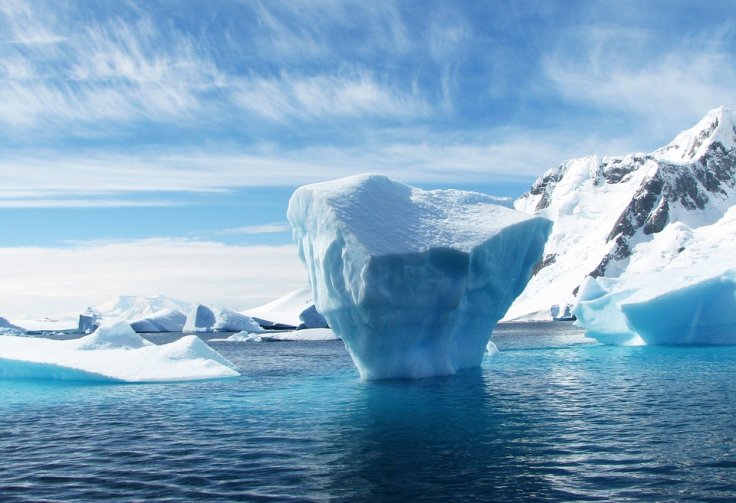
A new study, published in PNAS Nexus, an extension of the US journal Proceedings of the National Academy of Sciences for high-impact, emerging research, revealed that the Antarctic summer sea ice is retreating at record rates, causing a cascade of environmental and social repercussions that could significantly change the world's climate and ecosystems, according to Australian experts.
The Australian Antarctic Program Partnership (AAPP) at the University of Tasmania led the study, which found that record lows in sea-ice extent are heating oceans, exposing coastlines, and upsetting fragile ecosystems while also increasing public fear of climate change.
According to an AAPP release, the study, which synthesizes effects across ocean systems, ecosystems, and human societies, shows that severe sea-ice lows, such as those seen in recent years, cause three interrelated crises.
Edward Doddridge, the lead author of the study from the AAPP, said that the loss of sea ice increases the risk of sea-level rise because it weakens the ice shelf, increases wave damage, and causes more iceberg calving—there are six more icebergs per 100,000 km² lost.
The study noted that a persistent, self-reinforcing cycle of ocean warming is caused by the disappearance of sea ice, which increases the absorption of solar heat by dark open waters. Algal blooms in these areas further trap warmth.
The study also revealed that public interest peaked during the record sea-ice lows in 2023, and that increased media coverage of Antarctic ice loss is linked to growing climate anxiety and mental health concerns.









